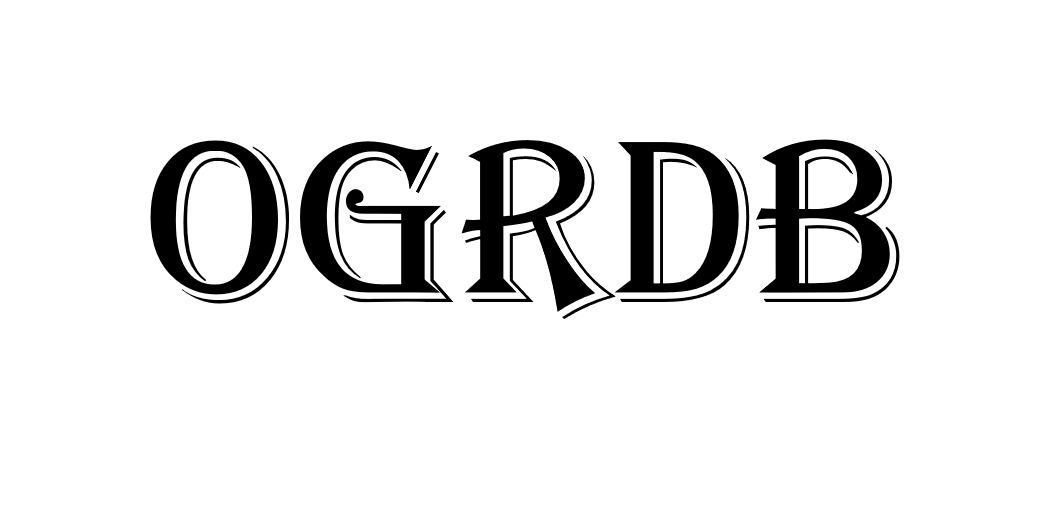Details
| Species | Homo sapiens |
| Species subgroup | |
| Subgroup type | none |
| Sequence Name | IGHV3-30*i02 |
| IUIS Name | |
| Alternative names | |
| Affirmation Level | 1 |
| Full Sequence | |
| Coding Sequence | |
| Functionality | F |
| Inference Type | Rearranged Only |
| Mapped | |
| Paralogs | |
| Paralog Rep |
Un-rearranged Observations
Un-rearranged sequence observations that support this sequence:
Observations in AIRR-seq Repertoires
Click here to review supporting data in VDJbase.
Clicking the link will take you to VDJbase. Open in a new tab if you want to keep this page open. In VDJbase, click on the count in the Apperances column to see a list of samples in which the sequence was found.
CDR delineation
| CDR1 Start | 76 |
| CDR1 End | 99 |
| CDR2 Start | 151 |
| CDR2 End | 174 |
| CDR3 Start | 289 |
Non-Core Regions
| Exon 1 Start | |
| Exon 1 End | |
| Exon 2 Start | |
| Exon 2 End | |
| Exon 3 Start | |
| Exon 3 End | |
| Exon 4 Start | |
| Exon 4 End | |
| Exon 5 Start | |
| Exon 5 End | |
| Exon 6 Start | |
| Exon 6 End | |
| Exon 7 Start | |
| Exon 7 End | |
| Exon 8 Start | |
| Exon 8 End | |
| Exon 9 Start | |
| Exon 9 End | |
| UTR 3' Start | |
| UTR 3' End |
Additional Information
| Sequence ID | A02569 |
| Curator | Mats Ohlin |
| Curator address | Dept. of Immunotechnology, Lund University, Medicon Village building 406, S-22381 Lund, Sweden |
| Version | 1 |
| Release Date | 2023-03-20 |
| Release Notes | Published by IARC on March 20th, 2023. |
| Locus | IGH |
| Sequence Type | V |
| Gene Subgroup | 3 |
| Gene Designation | |
| Allele Designation | |
| Gene start | 1 |
| Gene end | 295 |
Notes
Notes are added by IARC reviewers.
| The inference IGHV3-30*i02 was considered at IARC meeting 116 on February 27th, 2023 IGHV3-30*04 C201T has been inferred in one genotype (P1_I70) in VDJbase P1 data set. The genotype also carries related alleles like IGHV3-30-3*01 and IGHV3-30*18. It is represented by 394 error-free sequences and 374 unique CDR3s of different lengths in the error-free set. Haplotyping based on allelic diversity in IGHJ6 demonstrates association of the haplotype defined by IGHJ6*03 (99:1 ratio). IGHV3-30-3*01 and IGHV3-30*18 are more abundant but also present on both haplotypes. On the haplotype in question IGHV3-30-3*01, IGHV3-30*18, and inferred IGHV3-30*04 C201T are present at approximately a 2:2:1 ratio. Inspection of the sequences associated with the inference demonstrates that base 317 is A, not G as implied by the outcome of the inference, demonstrating that IGHV3-30*04 C201T G317A (a sequence identical to IGHV3-30*18 G113C C114T) is the allele in question. A past study has, using IgDiscover v.0.12, inferred IGHV3-30*04 C201T G317A/IGHV3-30*18 G113C C114T in this data set (Huang et al. Front Immunol 12:730105; DOI: 10.3389/fimmu.2021.730105). Upstream regions of these alleles were also inferred in that study. The upstream region of IGHV3-30*04 C201T G317A was identical to that of IGHV3-30*18 but differed in four positions from that of IGHV3-30-3*01. IARC affirmed the sequence at Level 0 at Meeting 115, to possibly be upgraded to level 1 pending further discussion. IARC now affirms the sequence at level 1 up to and including base 319. It is acknowledged that the allele most likely carries 1 additional base, typically A, at base positions 320. The trailing “.” indicates IARC’s opinion that the sequence is likely to contain one additional 3’-nucleotide for which there is insufficient evidence to make an affirmation. The GenBank record (OX384049) is publicly available and reports the sequence of IGHV3-30*04 C201T G317A, up to and including base 320. For use in a reference germline gene set, IARC recommends the use of the expected full length sequence. >IGHV3-30*i02 The locus on chromosome 14 that carries human IGHV genes is highly complex. Genes may be duplicated or deleted, and identical sequences may be found in more than one gene. The IGHV3-30, IGHV3-30-3, IGHV3-30-5, and IGHV3-33 harbors very similar alleles, some of which are identical. For instance IGHV3-30*18 is found at both IGHV3-30 and IGHV3-30-5 (in that case: IGHV3-30-5*01) and IGHV3-30*04 is also found at IGHV3-30-3 (as IGHV3-30-3*03). Inference does not provide proof of the gene of the inferred allele. The gene of the inferred allele IGHV3-30*04 C201T G317A cannot be defined. Any name (with an “i” allele designation) of an inferred allele does not imply that its precise genetic location is known. It just, according to past practice of IARC, relates to the most similar allele that has previously been recognised, or to the gene with the lowest alphanumeric value, should alleles of multiple genes be equally matched to the novel allele in question. Other similar genes have been mentioned above. |
Attachments
History
History logs the times and reasons for the publication of each version of this sequence.
| Mats Ohlin 2023-03-20 08:44:27 | Version 1 published Published by IARC on March 20th, 2023. |
Versions
All published versions of this sequence.
| Sequence Name | IMGT Name | Version | Date |
|---|---|---|---|
| IGHV3-30*i02 | 1 | 2023-03-20 | |
| IGHV3-30*i02 | 2 | 2023-07-10 |

